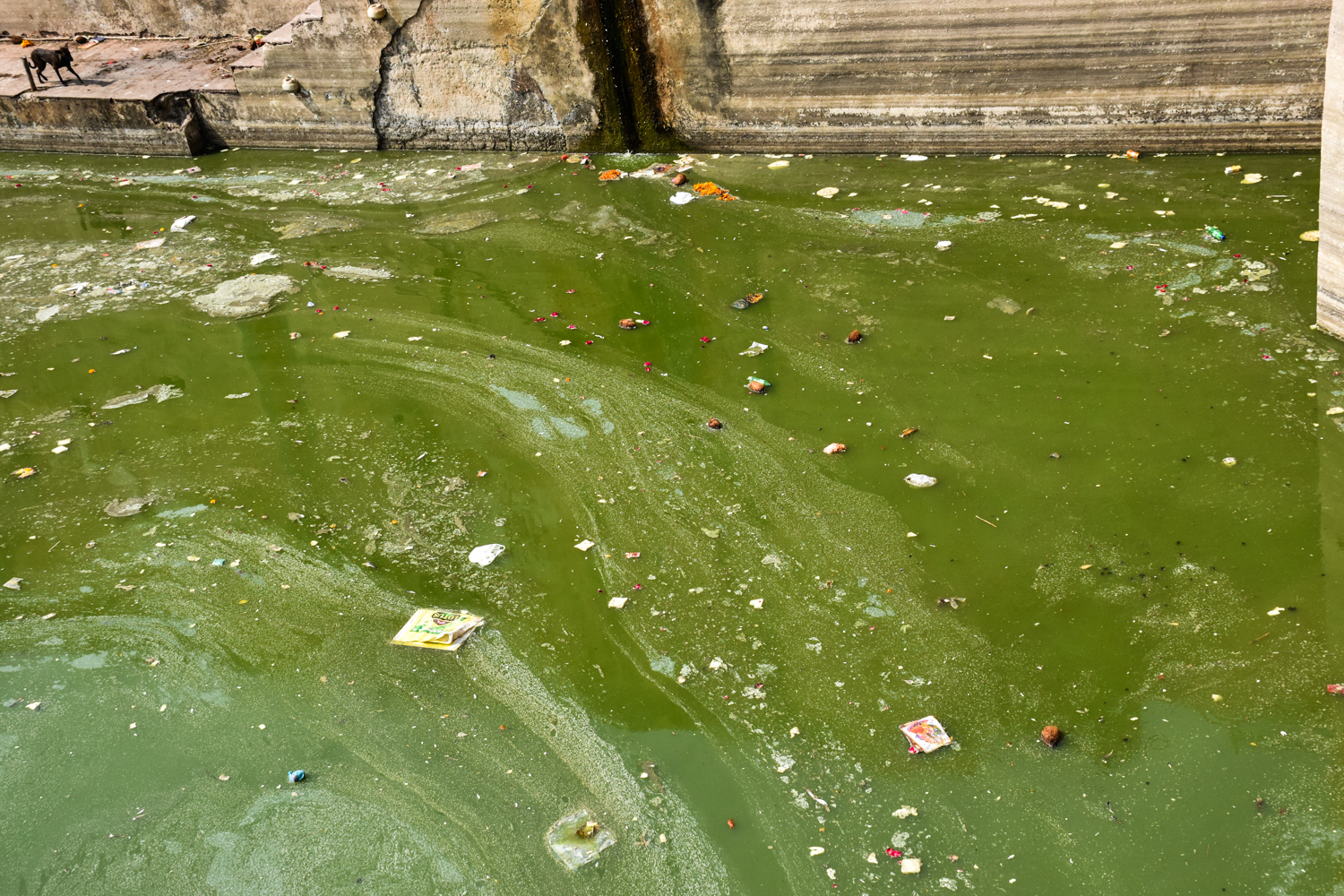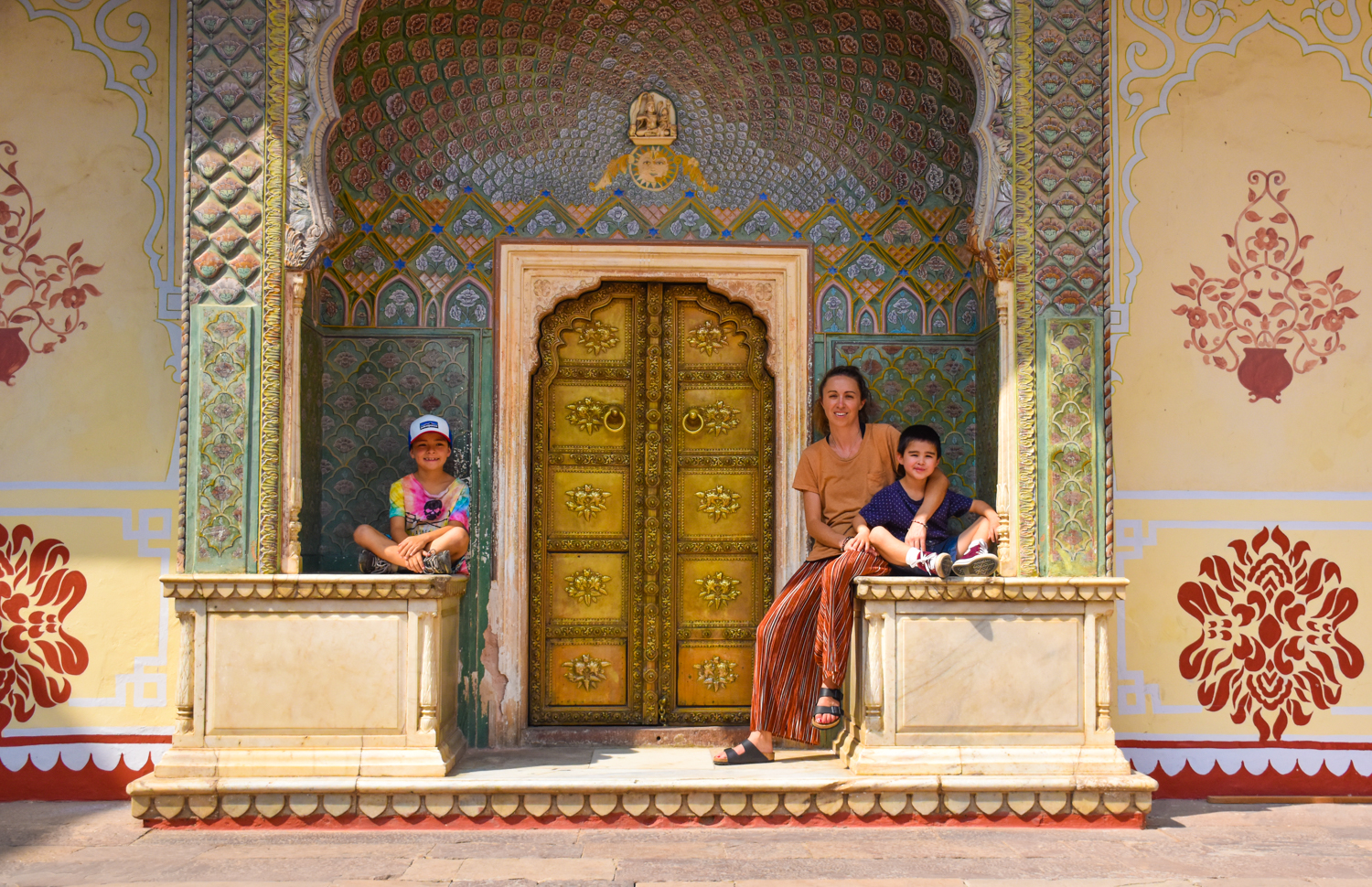Why I am crossing Asia with no planes, no plastics, and two kids
By Angie Davis
I have never really been the ‘why?’ girl. I am more likely to think up a radical idea, make it my obsession, and put it into action; experience is everything. The actual moment I conjured up the idea to cross Asia with my kids, using no planes, and no plastics, is a bit of a blur. The trip is essentially another chapter in the book of life design I am sub consciously creating for my little family, with a goal of inspiring others to similarly think outside the box and create life on their terms, with mindful intentions.
Life Design
A year ago, I sold all my possessions back in Lennox Head, Australia, where I had been based six years since evacuating the Japanese Tohoku disaster. I’d been based in Japan as a freelance travel and surf writer/editor for a decade. A toxic marriage and subsequent divorce landed me as a single mother in a pool of debt, with a film in the making and a TV series on the go, and no consistent income stream, nor time to go back to freelance writing where I’d once earned a comfortable salary.
With life in Australia a costly affair compared to many other parts of the world, selling up and hitting the road as a remote digital mama seemed like a fruitful option. We bought one-way tickets to Colombia and started a new chapter in our lives.

Trekking for domestic violence awareness
During the three months we based in Colombia, the idea of trekking for domestic violence began to formulate in my head, and I coined the movement idea ‘First We Walk’ to signify how DV survivors must first walk away from the violence to find freedom and self empowerment. Trekking seemed symbolic with healing through nature and physical movement, and I had a love/hate relationship with this popular Aussie pastime from early years spent trekking the likes of Tasmania, the Bogon High Plains, and various other destinations in Australia with my father, whom I would later lose contact with.
Being situated in Colombia had my sights set on Patagonia, Chile as a first destination, with the concept being that I would rally up eager public trekkers to join me on my expedition, fund raise, and donate finances and skill sharing hours to a local women’s charity or refuge in the country of the trek, documenting the journey along the way.
The universe had other plans, however, and after three months the kids (who are half Japanese), and I left Colombia bound for the Japanese winter; ski school and deep powder sessions in the snow. In Japan I began to question if Patagonia would the right location to host the first trek, considering my relationship with Asia and a contact in Nepal who was calling me over to teach a group of brave abuse survivors storytelling skills.
Thus, First We Walk’s first expedition concept for Nepal was born. After the winter season in the Japanese Alps, the kids and I relocated back to Lennox Head for six months for the kids to return to school and so I could begin preparations for the trek. Unwilling to ‘settle’ within the socially acceptable parameters for a single mother, I opted to camp out in tents at the local caravan park alongside tranquil Lake Ainsworth, only upgrading to a Bell Tent upon meeting a very charming French man who would soon join our gypsy troupe camping out at Lennox and enjoying an adventure-packed three-week Far North Queensland road trip with the tents; we had to be sure we could all stomach each other within close proximity before we head off on a bigger adventure.
Crossing Asia
When I was pregnant with my eldest son Ryder, I made my first voyage to India from Japan, on a mammoth travel and surf editorial project for a Japanese magazine. It was a trip that would change my perspective in all manners of life, and a destination I swore I would return to soon. Babies, work, and various traumas prevented an immediate return, so when I began prepping for the Nepal trek and glancing over maps I started to hear whispers of India in my dreams; it’d be rude to be so close and not visit, right?
Could I take the kids to India? Sure I could. Could I afford it? This was a tough question, until a Scoot Airline sale popped into my inbox offering $250 one-way flights to Jaipur from the Gold Coast. Sold. Frenchie was in and our little team would explore India before crossing into Nepal to begin our trek.

But why stop there? Why not create something bigger and just cross Asia until Japan where the kids and I were planning to spend another winter season in Hakuba? The decision to do the trip without planes was a no brainer; we didn’t have the savings to fly, and backpacking overland is far more thrilling. My parents did it in the 70s, crossing some 66 countries over a space of 10 years. It had always been my dream to adventure like they did. Now that my sons were six and eight years old, it seemed like the perfect time to cook up the trip of a lifetime that could inspire other families to live outside the box and travel with a more conscious footprint.
Our journey will take us across six or seven countries, over four months. Now if we can just survive India first…
No plastics
Last winter in Japan I worked on launching Protect Our Winters Japan chapter with a good friend and snowboard enthusiast Paul Nuttal. Paul is campaigning strongly on raising awareness for climate change, and is building a community called ‘Sustainable Ski Bums’. We were enjoying an exciting brainstorm of sustainable travel ideas over a What’s App call one evening when I filled him in on my crossing Asia plans and somehow I decided to declare to him that I would try to do the trip with no plastics. Having both lived in Japan, where plastic consumption is horrifying, I knew Asia would be one of the toughest regions to travel without using plastics but with no ‘why?’ chatter buzzing around in my head as usual I thought surely I could give it a shot.

Plastics bottles would be the ultimate challenge, until I discovered the SteriPen, and portable, USB rechargeable UV water filtration device that cleans 99.9% of all nasty bacteria and harmful bugs out of drinking water from anywhere in the world. Even the Ganges – think I’ll stick to cleaning the tap water though. Over its lifespan of 8,000 charges, the pen saves 16,000 plastic bottles. Phenomenal. With plastic bottles out of the equation, I was sure we could take on the challenge, and made a commitment to document any plastics we do consume in order to share a final consumed tally at the end of the four-plus month trip.
Where to follow the journey?
#crossingasia
YouTube
https://www.youtube.com/channel/UCz7mTAdcbA_isx_98AHSISg
Blog www.theaniccaway.com
Instagram/Twitter
@theaniccaway
@angiedavisfilms
@remsrd


